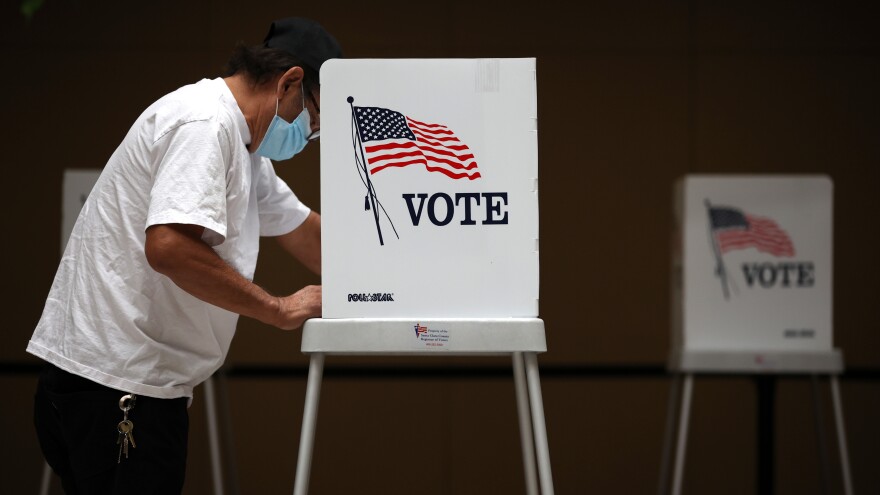The pandemic has changed a lot about how we vote this year, including when we may find out who won.
It's possible — because some rules have changed, and some haven't — that Nov. 3 could come and go without a clear answer as to who the next president will be.
But despite what some people may claim, that in and of itself doesn't necessarily mean there's a problem.
In fact, official election results have never been completely tabulated and certified by the night of the election. The race results that flash across TV coverage on election night are actually projections made by media organizations based on early returns, exit polling and other data.
This year, those sorts of projections, as well as the unofficial tabulations from the states themselves, may take a little longer.
Here's why.
Copyright 2021 NPR. To see more, visit https://www.npr.org.









